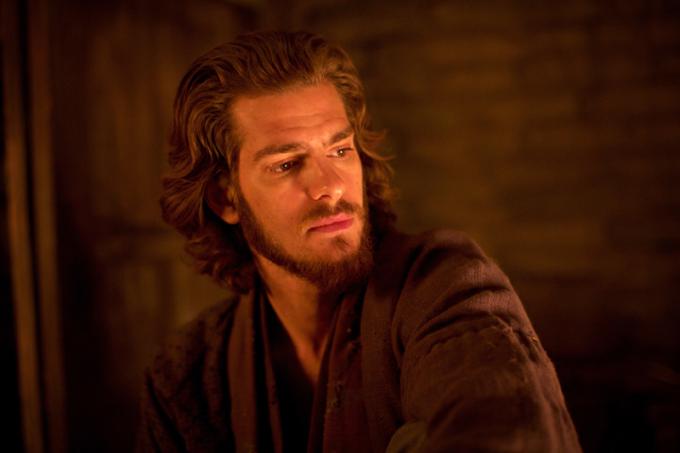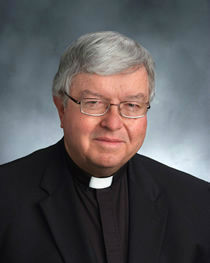
Faith

Doyle
Q. A few years ago, our pastor who was in his 70s retired and was replaced by a priest in his 30s. At the time, our new priest was clean-cut, with short hair and no beard.
Shortly after arriving, though, he appeared to quit grooming and let his hair and beard grow, and they've been growing ever since. Now his hair is way over his ears and down his back, and his beard is to his waist.
We all assumed that this was some kind of anti-COVID-19 measure, but COVID-19 has vanished from our parish and things are back to normal.
Could this be some sort of vow of poverty? (The priest avoids questions about his grooming, but it has become a distraction at Mass.) (City and state withheld)
A. As to your question whether this priest's long hair represents a vow of poverty, I doubt that this is the case -- but the only sure route is to ask the priest himself.
You probably know that there is no present church disciplinary regulation that forbids priests from having beards or long hair, so your priest is on a safe canonical path.
The former Code of Canon Law (in 1917) did require clerics to have a simple hairstyle but did not specifically forbid beards; and the current code (issued in 1983) specifies that clerics are to wear suitable ecclesiastical garb but makes no mention of hair or beards.
During the 16th and 17th centuries, popes were frequently bearded, but since that time there has been no bearded pope. Some notable saints wore beards, including Ignatius of Loyola, Francis de Sales, and Philip Neri.
I guess my advice to you would be to set aside your own preference as to this priest's appearance and just be grateful, especially during the current shortage of priests, that there is one to serve your parish.
Q. For the past year, I have been striving for a stronger Catholic faith. (Before, I guess I would say that I was a lukewarm Catholic.) I was married in a Methodist church and divorced 30 years ago through no fault of my own.
I have always received holy Communion. Is this wrong? (I have been reading different Catholic opinions.) (St. Clairsville, Ohio)
A. For the purpose of this answer, I am going to assume that you never received the Catholic Church's permission to marry in the Methodist church.
(The possibility does exist, of course, that you might have received the necessary dispensation to be married in a Methodist ceremony, especially if you were marrying a Methodist, but since you did not mention that, I am going to assume that your marriage took place without Catholic permission.)
If that is the case, that marriage would have violated Catholic teaching and would therefore have required either that you had the marriage "convalidated" in the Catholic Church or that you receive absolution in the sacrament of confession once that marriage had broken up.
If you did in fact confess this, then you have been correct in receiving holy Communion in the Catholic Church.
If, instead, you never confessed this, all you would need to do now is to make a worthy confession; then, going forward, you would be eligible to take Communion in the Catholic Church.
- Father Kenneth Doyle is a columnist for Catholic News Service
Recent articles in the Faith & Family section
-
Praying during the Holy YearFather Robert M. O'Grady
-
Catholic Schools WeekArchbishop Richard G. Henning
-
Let There be Peace on Earth Maureen Crowley Heil
-
The anointingScott Hahn
-
Scripture Reflection for Jan. 12, 2025, Feast of the Baptism of the LordFather Joshua J. Whitfield























